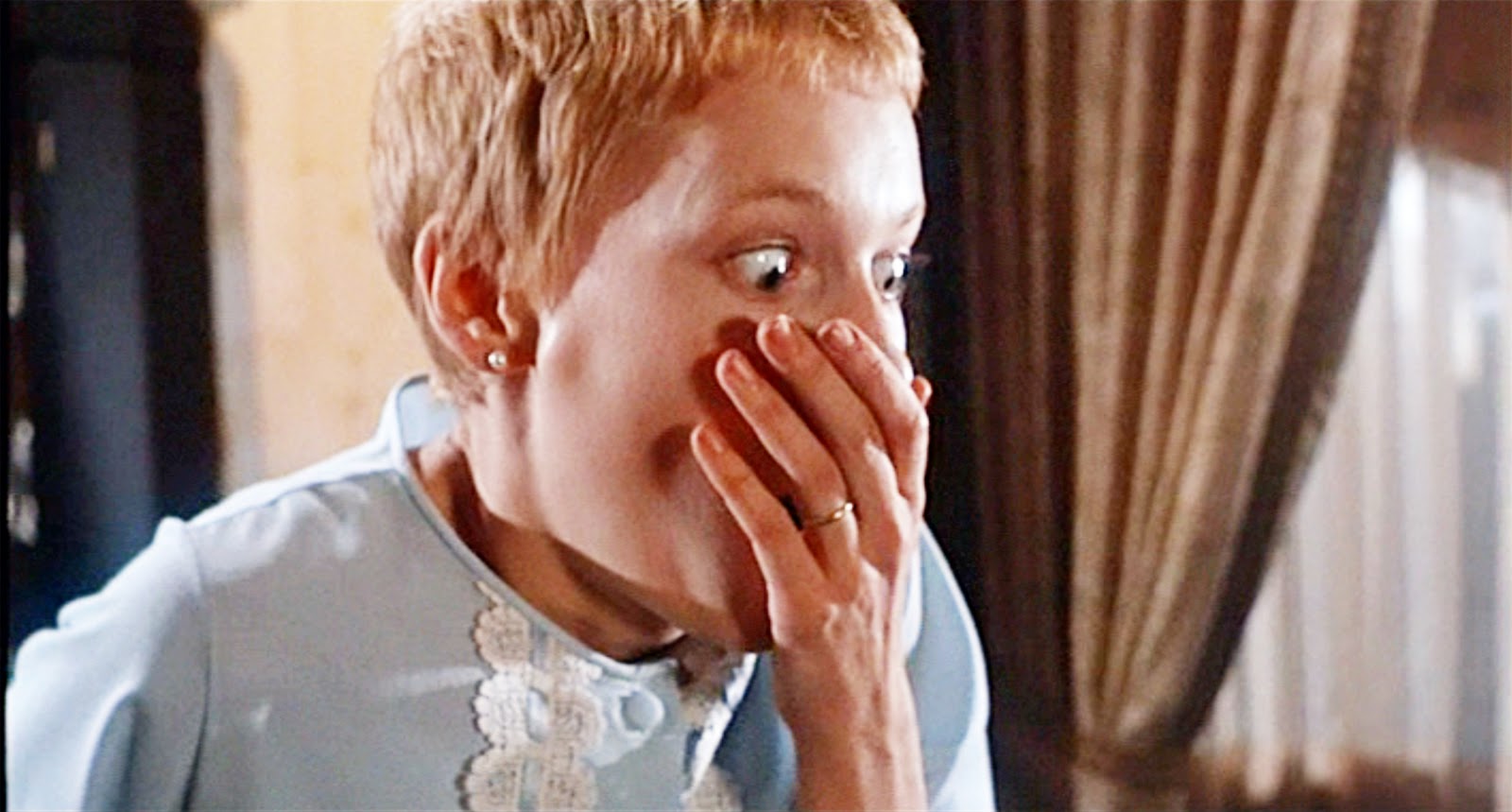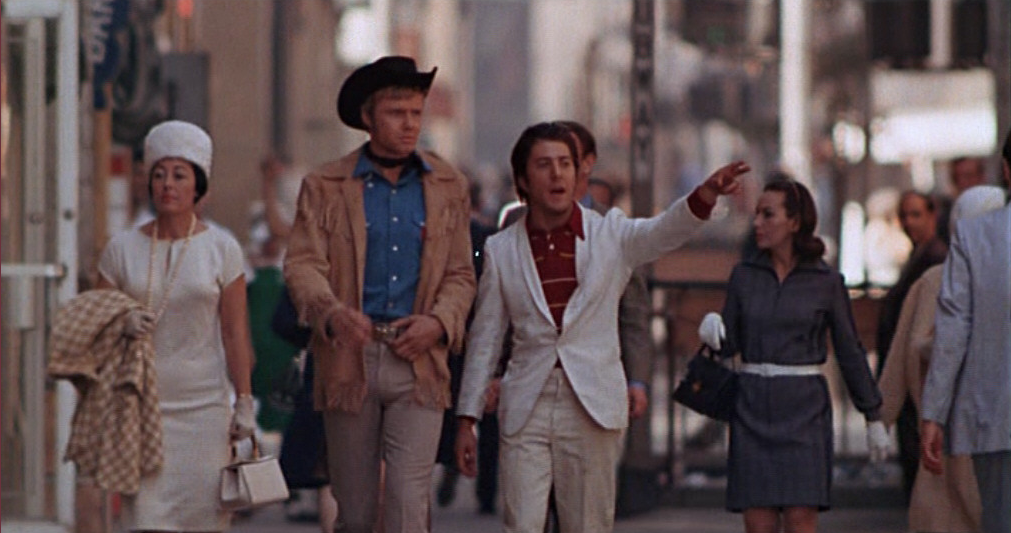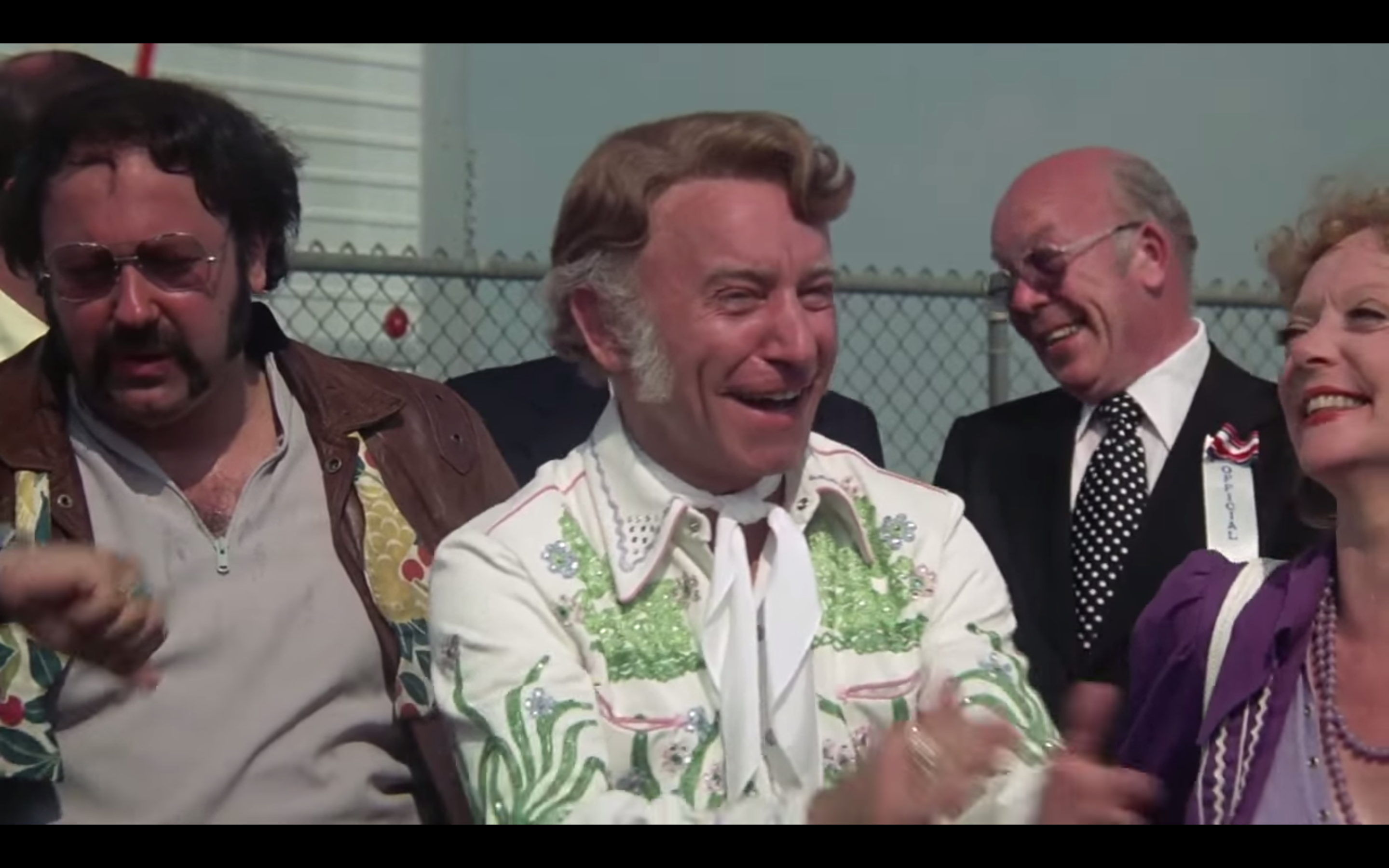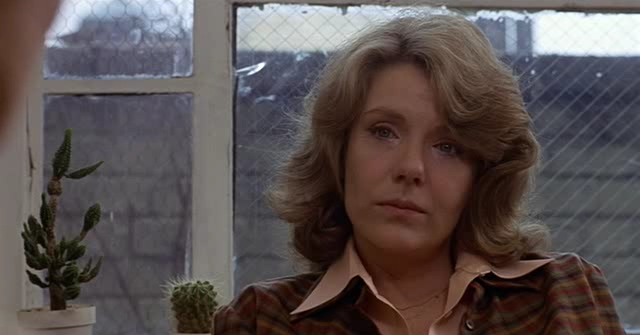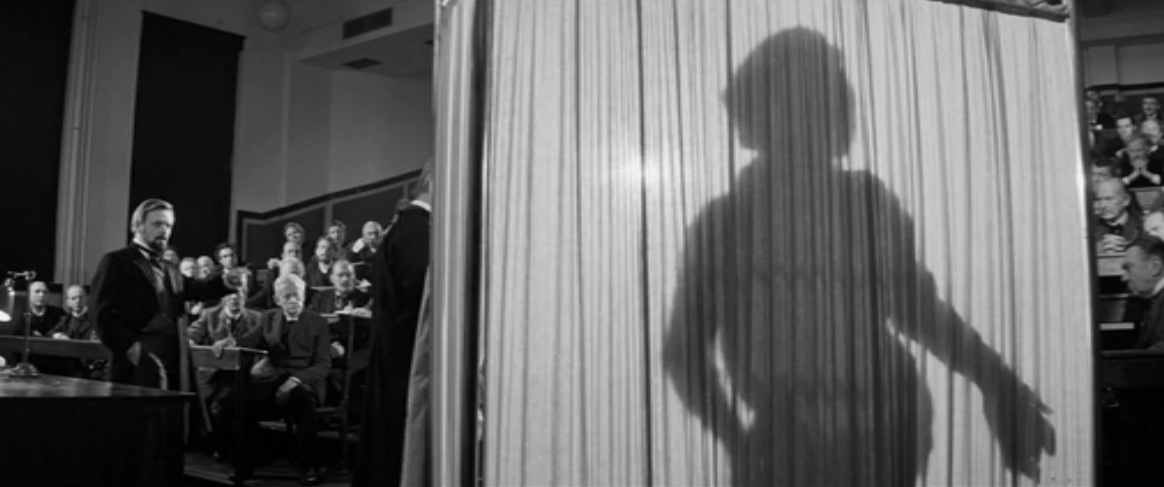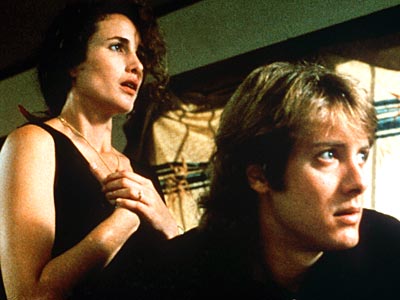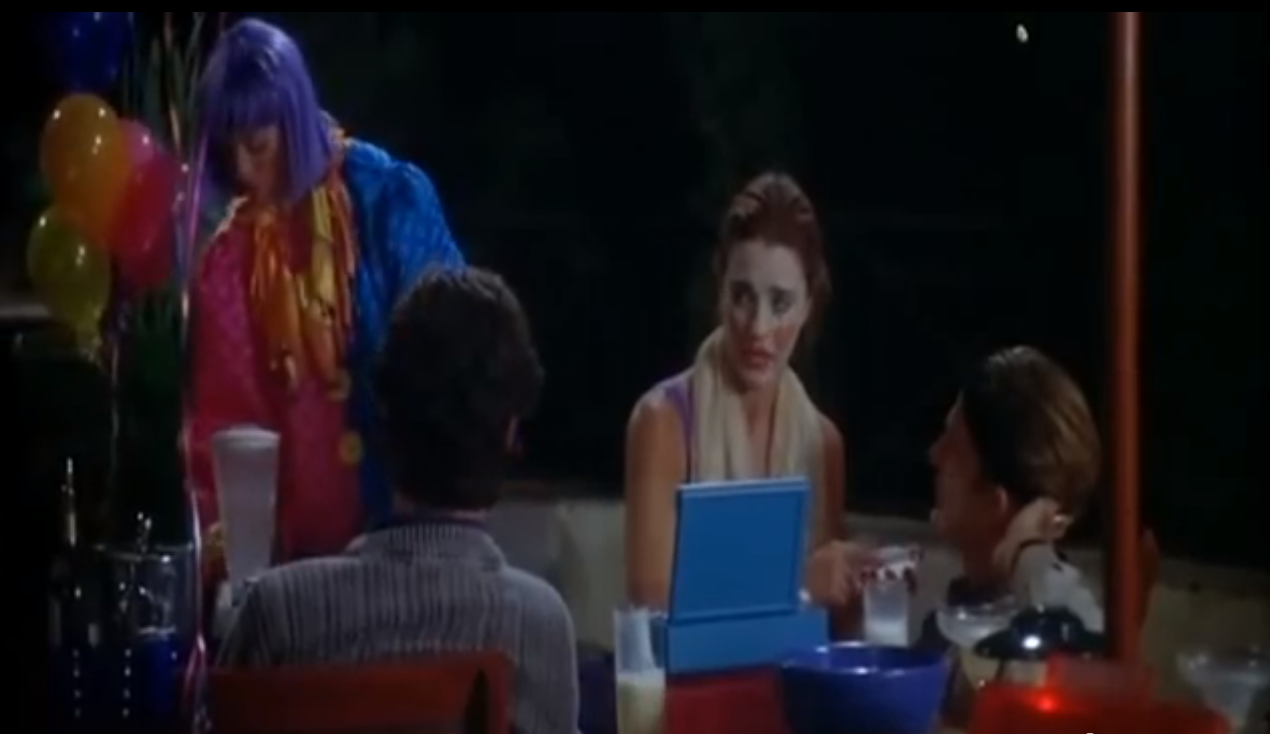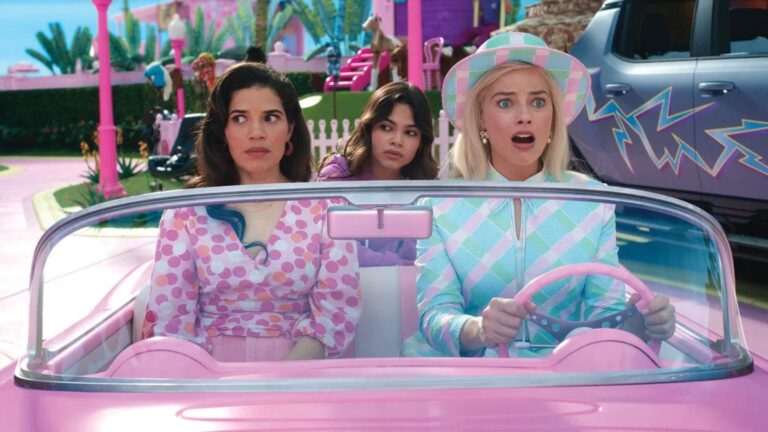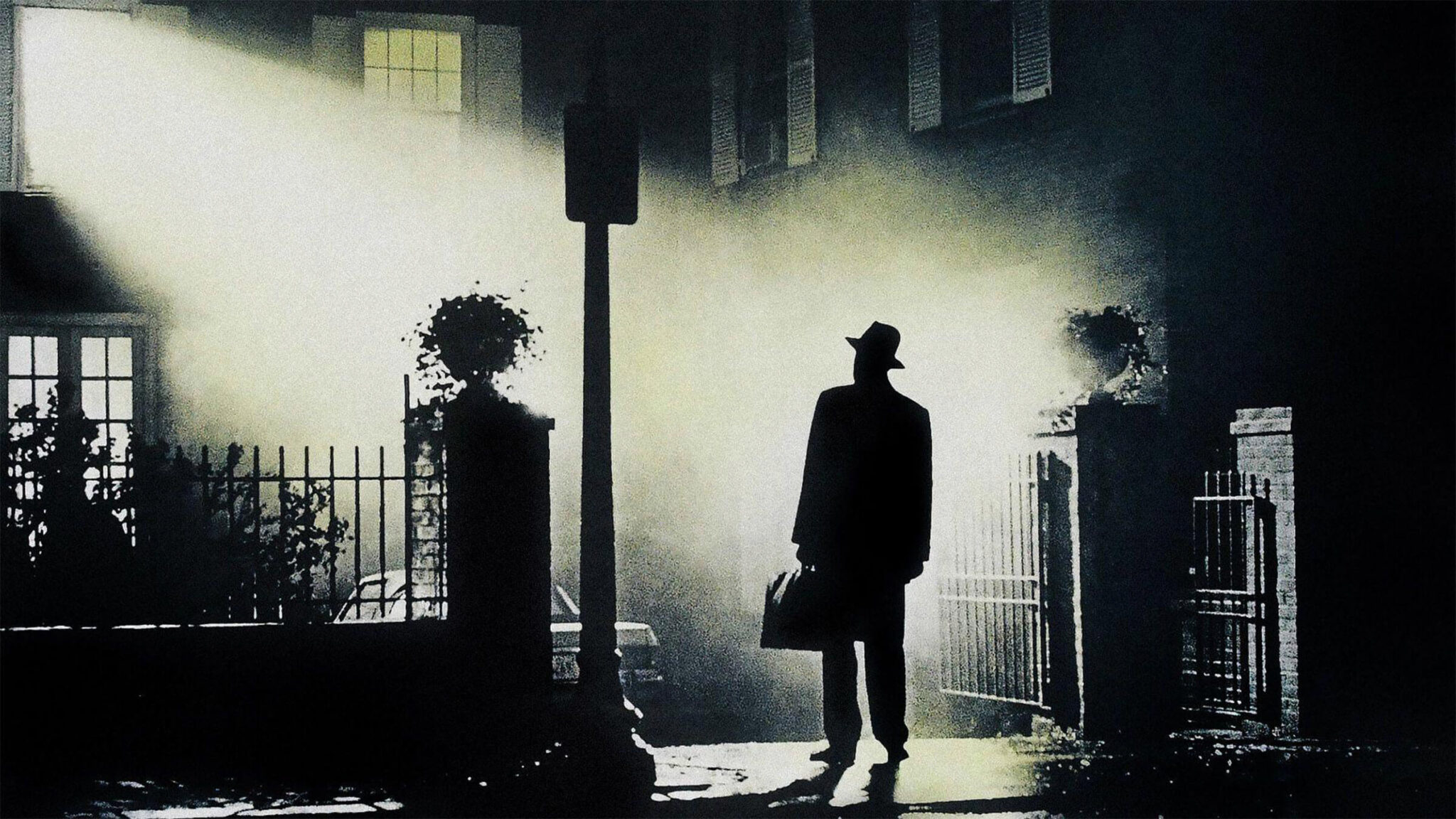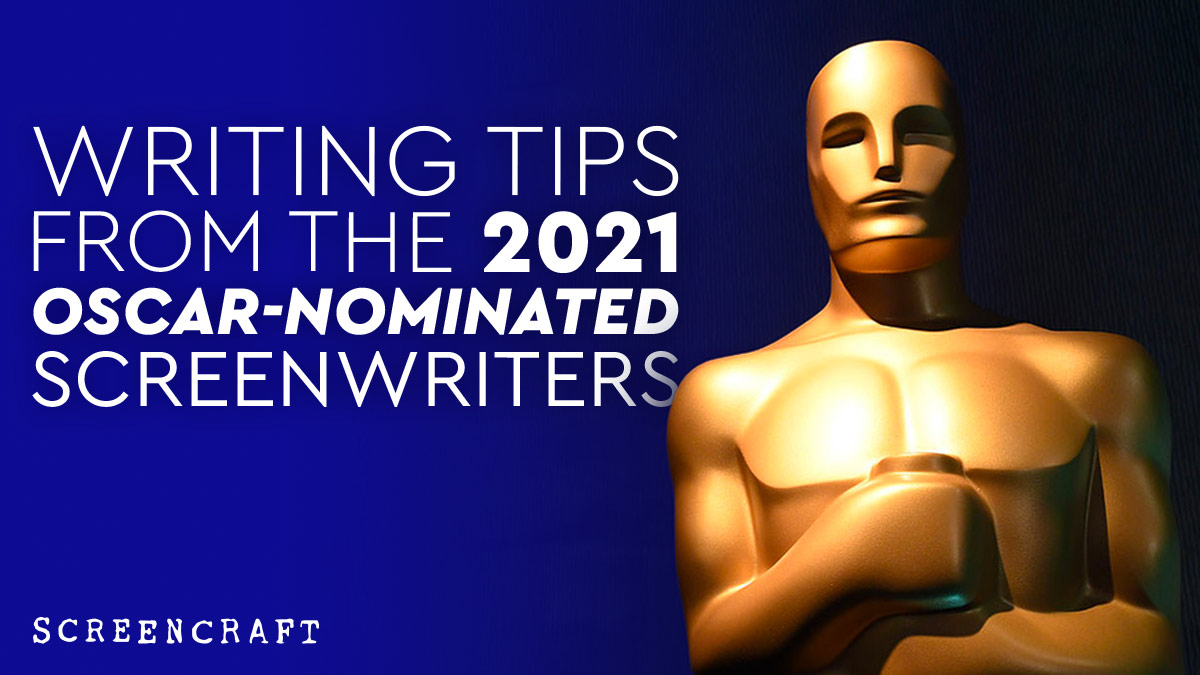
“So, what is the Golden Globe Award again?” Somebody asks it every year. At just about the climax, as the parade of fashion reviews, office pools, gripe articles, and other such hubbub reaches its cacophonous peak, it dawns that these aren’t the Oscars, nor are they the Emmys . . . hmm, not Grammys, so what . . .who . . . ?
Quickly, the Hollywood Foreign Press Association, a group of LA-based journalists and photographers from around the world, established the Golden Globe Awards back in 1944 to honor what were perceived as fine (the finest?) examples of film, television and miscellaneous achievements in the entertainment business.
Nice of them, yes? So they kept doing it, the awards and the ado made a lot of people happy, and here we are. But is anybody ever fully happy with the results? Sometimes it’s all just not fair/right/possible, particularly when the competition is stiff. And there’s a long line of “losers” who arguably outshone their victorious rivals. So with the most recent Golden Globes winners and losers still buzzing in the national consciousness...not to mention the (mildly) controversial Oscar nominations...let's take a look at some notorious Golden Globes snubs:
Gorgeous Loser: ROSEMARY’S BABY (writer/dir. Roman Polanski, 1968)
Victorious Rival: Charly (dir. Ralph Nelson; writer: Stirling Silliphant)
Youngish couple ripe for reproduction moves into Manhattan apartment previously inhabited by a recently and mysteriously deceased old woman. Offbeat, overly-friendly elder couple down the hall won’t leave them alone. And then there’s the devil.
With a facile though meticulous screenplay (166 pages!) that drops the audience into the action right away yet allows the horrific story to unfold quietly like a Sunday morning, around characters with specific diction, mannerisms and intonational ticks, it’s easy to get so swept up you’d miss the chalky undertaste in Minnie’s mousse.
Gorgeous Loser: MIDNIGHT COWBOY (dir. John Schlesinger; writer: Waldo Salt, 1969)
Victorious Rival: Anne of the Thousand Days (dir. Charles Jarrott; writers: Bridget Boland, John Hale & Richard Sokolove)
Country boy brought up by his oversexed and inappropriate grandmother ends up an aspiring city prostitute in denial about the bleakness of it all. Seedy. Underbelly. Gritty. Depressing. These terms, in relation to cinema, seem to be at their most active, and perhaps their most beautiful, here. As we follow the protagonist and his native hoodlum friend through New York, fragmented though meaningful and just fleshed out enough flashbacks, plus pathos found repeatedly in unlikely places comprise a decidedly tender story that lingers, albeit like a taste to which you’d prefer to add water. Even with its infamous X-rating, the screenplay and the film won an Oscar, so the loser status didn’t last for long.
Gorgeous Loser: NASHVILLE (dir. Robert Altman, writers: Robert Altman/Joan
Tewkesbury, 1975)
Victorious Rival: One Flew Over the Cuckoo’s Nest (dir. Milos Forman; writers: Lawrence Haben & Bo Goldman)
Back when not quite everyone was angling to make a public name for him/herself, Altman and company introduced us to a world in which they were. At least, in Nashville. But that world, thankfully, was also marked by genuine depictions of heartache, incompetence, self-betrayal, desperate attempts to connect, and other hallmarks of the pure human condition, as represented by a couple dozen characters in the realms of music, politics and the general South.
Expert interweaving of narratives underscore the degree to which we are, in fact, all connected. Characters feel full-bodied on the page, which gave actors a solid springboard from which to launch their storied improvs. Rhythmic dialogue, overlapping or not, adds to the music proper (thanks, Richard Baskin), which, while omnipresent, never overwhelms and leaves story in the backseat.
Gorgeous Loser: AN UNMARRIED WOMAN (writer/dir. Paul Mazursky, 1978)
Victorious Rival: Midnight Express (dir. Alan Parker; writer: Oliver Stone)
Generally, life is sweet, right, until your spouse wants to leave you for a teacher he met at Bloomingdale's, and that’s what happens to Jill Clayburgh’s upper east side character before she is thrust into liberated life as a single woman and art gallery worker who finds love, herself and a big-arse painting in the third act.
What makes Mazursky’s script work, of course, besides the marvelous, scrapbook-like attention to sense of place in a place worth being – New York in the late 70s – is a sense that there likely is no happily ever after, at least not in the way we’ve been taught to perceive it. And every character seems to either know or evoke that reality, that transience, in his/her own unique way. In fact, it’s what drives the protagonist forward through the story and into many a happy redefinition of that fabled phrase.
Gorgeous Loser: THE ELEPHANT MAN (dir. David Lynch; writers: Eric Bergren & Christopher De Vore, 1980)
Victorious Rival: The Ninth Configuration (writer/dir. William Peter Blatty)
In one of his good-guy turns, Anthony Hopkins, as a Victorian surgeon, comes to the aid of a deformed though elegant man being abused and exploited in a sideshow. Exploration into the vivid, fantastical dreams of a man with a disfiguring disease, detailing among other things alternative reasoning for his unusual appearance, lend cerebral dimension to a heart-wrenching story about a true outsider. This worthwhile proving ground for David Lynch that also went on to win an Academy Award reminds us hell well-dressed is hell nonetheless.
Gorgeous Loser: SEX, LIES, AND VIDEOTAPE (writer/dir. Steven Soderbergh, 1989)
Victorious Rival: Born on the Fourth of July (dir. Oliver Stone; writers: Oliver Stone & Ron Kovic)
Former college buddy and present-day part-time sexual deviant blows into town and finally detonates the tenuous familial stasis of a scuzzy lawyer, his soft-hearted, yet-to- be actualized wife, and her jealous, easy sister.
With its physical world so small and its action so sparse, the script boxes viewers into quiet rooms of concentration and investment without heavy-handedness or transparent, manipulative attempts to render the characters likable. As with the deflating relationships at the story’s center, written lines often seem to languish on the page, forming organic beats of dual dialogue, catharsis and silence, a true depiction of inertia interrupted.
Gorgeous Loser: SHORT CUTS (dir. Robert Altman; writers: Robert Altman/Frank Barhydt, 1993)
Victorious Rival: Schindler’s List (dir. Steven Spielberg; writer: Steven Zaillian) Yeah, it happened again. A mélange of L.A. residents from varying socioeconomic backgrounds go about their lives not realizing how intertwined they are, while the pressure, literally and figuratively, builds around them all.
With foundations as solid as Raymond Carver narratives, it’s hard to screw up, but his short stories are yet augmented and intersected with mastery though appropriate subtlety in the screenplay, which smartly does not call attention to its humor, pathos or all-around aloofness. Thus there’s a wonderful authenticity at work. These elements simply exist, whether it’s in the handling of a young boy being hit by a car or in Jennifer Jason Leigh’s mother of two having paid phone sex while changing a diaper, with her husband standing ten feet away. The blasé tone and the insularity of most characters enrich the already incisive comment on modern living, even now more than then.
If this is what losing looks like, perhaps we should all ease up on trying to win. Onward to the Oscars!
What’s your favorite (cinematic) gorgeous loser?
Kimberly Shelby-Szyszko is a writer for the stage and screen whose work has been produced, presented and developed at theatres and cultural centers in New York and Los Angeles, including LaMaMa, Hunter College, Irondale, The Antaeus Company and International Literature Festival Berlin. Her films, screenplays, and treatments have been commissioned by independent producers and arts organizations as diverse as Chrome Bumper Films, Brooklyn Arts Council, and Girl Be Heard. As a dramaturge and script consultant, Kimberly has analyzed, proofread, edited and provided coverage on hundreds of scripts for individual writers, contests and companies, among them, ABC TV, Lefrak Productions, Scriptapalooza, ScreenCraft, and Pride Films and Plays. A cum laude graduate of Hofstra University, Kimberly earned a degree in creative writing with a concentration in television and film, and she has several such scripts in active development.
Tags
Get Our Screenwriting Newsletter!
Get weekly writing inspiration delivered to your inbox - including industry news, popular articles, and more!

